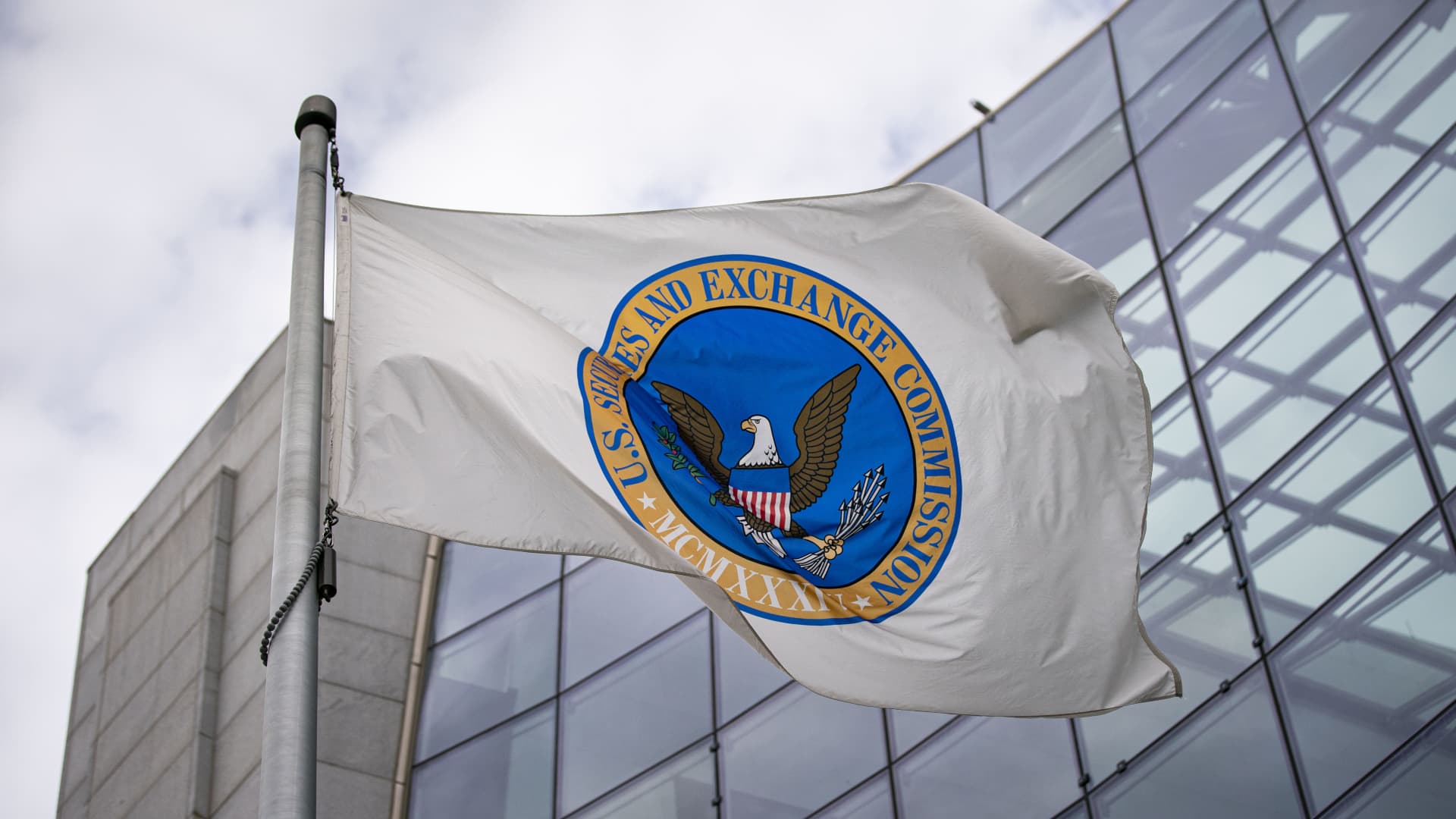The United States Securities and Exchange Commission (SEC) has clarified its stance on approving firms’ S-1 applications to go public.
According to court documents from the SEC vs. Coinbase case on July 13, the SEC argued that granting approval for a company to go public does not imply that the agency endorses or verifies the business’s compliance with regulations.
During the pre-motion hearing, SEC trial counsel Peter Mancuso emphasized that the approval of an S-1 filing does not constitute a blessing of the company’s entire business or its underlying structure.
Mancuso further stated that there was no evidence to suggest that the SEC examined specific assets or made determinations regarding their classification as securities, thereby providing Coinbase with assurances against future regulatory issues.
READ MORE: Worldcoin’s World ID Project Surpasses 2 Million Users
This statement by the SEC raised questions among individuals on Crypto Twitter, including Gemini co-founder Cameron Winklevoss.
It challenged the SEC’s role in allowing a potentially noncompliant business to proceed with a public listing, considering its responsibility to safeguard American consumers.
In the United States, companies must submit an S-1 filing to the SEC before listing shares on a national stock exchange.
This filing requires a comprehensive disclosure of the business structure and the planned utilization of funds from the initial public offering.
U.S. District Judge Katherine Polk Failia expressed skepticism and raised concerns about the SEC’s position during the hearing.
She expected the SEC to conduct due diligence on Coinbase’s activities and potentially warn against any securities law violations or uncharted territories regarding the assets on Coinbase’s platform.
Mancuso clarified that the SEC’s focus in approving S-1 filings is primarily on reviewing company disclosures rather than providing endorsement or approval of the business structure itself.
Judge Failia then questioned whether the SEC had the power to instruct Coinbase to register as a securities exchange. Mancuso responded that he couldn’t comment on that matter.
The SEC had initially charged Coinbase for allegedly conducting unregistered securities offerings dating back to 2019.
Coinbase is seeking an early dismissal of the case based on various arguments, one of which asserts that the SEC is charging the company despite having received detailed descriptions of its business structure and planned activities prior to the public offering.
In summary, the recent court documents shed light on the SEC’s position that approving an S-1 filing does not indicate endorsement of a company’s business structure or regulatory compliance.
The case involving Coinbase highlights the complexities surrounding regulatory oversight of cryptocurrency-related businesses.
Other Stories:
OpenAI Faces FTC Investigation Over Privacy and Data Practices
Monochrome Asset Management Proposes Bitcoin ETF on ASX
Ripple’s XRP Victory Against SEC: A Blow to Regulator’s ‘War on Crypto’




